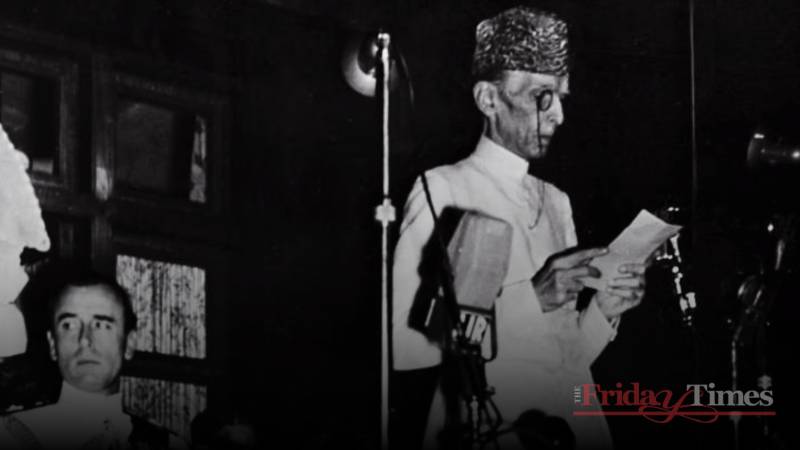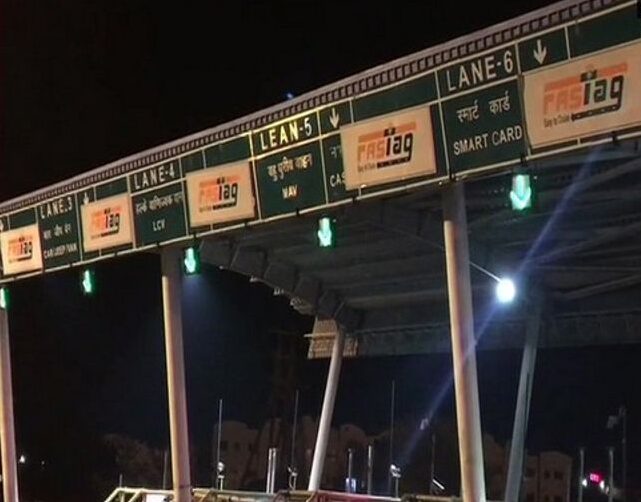
Jinnah’s Secular Pakistan Claim: A Historian’s Flawed Narrative
Wajahat Masood’s recent assertion that Muhammad Ali Jinnah envisioned a secular Pakistan through his demands for undivided Punjab and Bengal has been met with considerable criticism. The claim fundamentally clashes with established historical accounts.
Jinnah’s unwavering advocacy for a separate Muslim state, based on the controversial two-nation theory, directly contradicts this narrative. His vision, clearly articulated in his speeches and actions, was for a state defined by its Muslim cultural identity.
The demand for undivided provinces, while seemingly inclusive, ultimately served the strategic goal of securing a larger Muslim-majority territory for the proposed Pakistan. The subsequent partition, with significant non-Muslim populations excluded from the newly formed nation, resulted in widespread communal violence.
The creation of Pakistan, far from being a secular endeavor as Masood suggests, established a nation founded on explicitly exclusionary Islamist principles. This foundation continues to shape the country’s political and social landscape today.
This debate highlights the ongoing need for rigorous historical analysis, particularly concerning the sensitive and complex events surrounding the Partition of India. Understanding the true nature of Jinnah’s vision remains crucial for fostering reconciliation and peaceful coexistence between India and Pakistan. The inaccurate portrayal of historical events only serves to fuel existing tensions.






